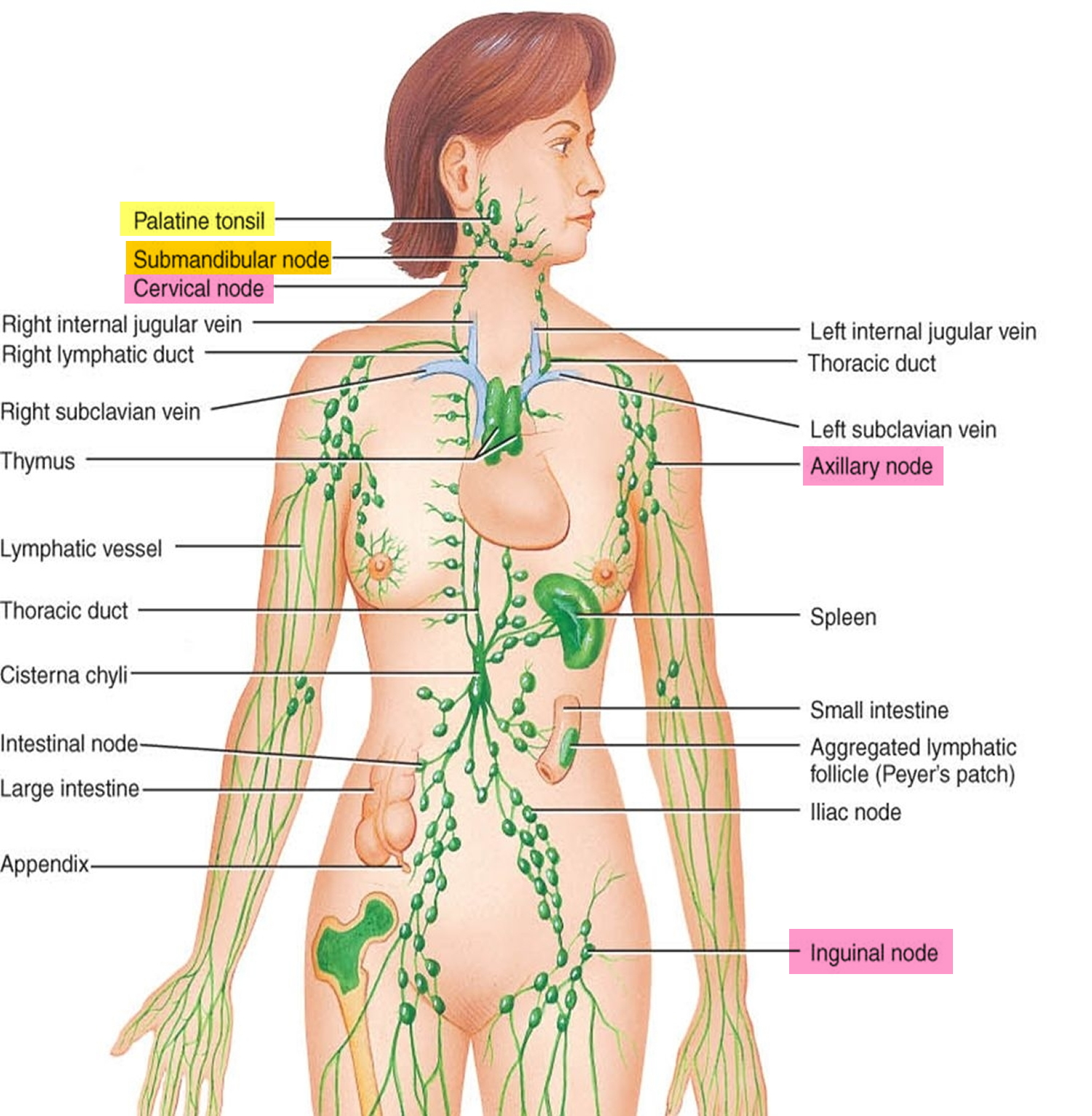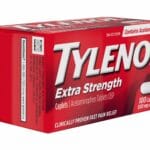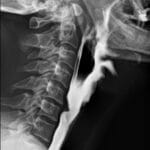Experiencing allergy symptoms and noticing a small lump under your jaw? It’s natural to wonder if your allergies are causing swollen lymph nodes. While the relationship isn’t straightforward, understanding the lymphatic system and how allergies can indirectly affect it can help you determine when a doctor’s visit is warranted.
Decoding Your Lymph Nodes
Your Body’s Tiny Filters
Imagine your body has a dedicated clean-up crew working 24/7. That’s your lymphatic system—a network of vessels and small, bean-shaped glands called lymph nodes. These nodes, clustered in areas like your neck, armpits, and groin, act like tiny filters, trapping waste, bacteria, viruses, and other unwanted invaders. They’re essential security checkpoints, preventing harmful substances from spreading throughout your body. [https://www.lolaapp.com/toothache-pulsing]
How Allergies Affect Your Immune System
Allergies occur when your immune system misinterprets a harmless substance (like pollen, pet dander, or certain foods) as a dangerous threat. This triggers a cascade of reactions, leading to inflammation—the root of familiar allergy symptoms like sneezing, itchy eyes, and a runny nose.
The Allergy-Lymph Node Connection
The Indirect Link
Do allergies directly cause swollen lymph nodes? Generally, no. Allergies themselves don’t typically trigger swelling. However, complications arising from allergies can lead to swollen glands. Think of it this way: allergies can create congestion, like a traffic jam on a highway, leading to a backup at the toll booths (your lymph nodes). This backup usually occurs because allergies can increase your susceptibility to infections. For example, persistent nasal congestion from allergies can create a breeding ground for bacteria, leading to a sinus infection. Your body then fights the infection, and the increased activity in your lymph nodes can cause them to swell. Similarly, allergies can exacerbate ear infections, also causing swollen lymph nodes, especially in the neck.
Recognizing Allergy-Related Swollen Lymph Nodes
Swollen lymph nodes related to allergy complications are usually small, about the size of a pea. They might be tender to the touch but not intensely painful. You’ll likely find them in your neck, under your jaw, or behind your ears. Significant enlargement, severe pain, or rapid growth warrants prompt medical attention.
When to Seek Medical Advice
While slightly swollen lymph nodes can be a normal immune response, persistent or concerning swelling should never be ignored. Seek medical attention if:
- Swelling persists: Lymph nodes remain swollen for over two weeks, even after allergy symptoms subside.
- Severe pain: Intense pain accompanies the swelling.
- Rapid growth: Nodes are increasing in size quickly.
- Accompanying symptoms: Fever, chills, night sweats, unexplained weight loss, difficulty swallowing or breathing are present.
Easing Discomfort
Addressing the underlying allergy is crucial. This might involve over-the-counter antihistamines, nasal corticosteroids, or other prescribed allergy medications. A warm compress can offer temporary relief.
| Symptom | Allergy-Related Swelling | Infection-Related Swelling |
|---|---|---|
| Size | Small, pea-sized | Larger |
| Tenderness | Mild | More painful |
| Location | Neck, under jaw, behind ears | Varies, may be widespread |
| Accompanying Symptoms | Typical allergy symptoms | Fever, chills, fatigue |
| Duration | Resolves with allergy symptoms | Prolonged, needs treatment |
Which Lymph Nodes Swell with Allergies?
Allergies can make you miserable, but do they directly cause swollen lymph nodes? The answer is nuanced. Lymph nodes are small glands throughout your body, part of your lymphatic system, which fights infections. They trap germs and bacteria. When you have an infection, these nodes swell as they work overtime.
Allergies themselves typically don’t cause this swelling directly. An allergy is your immune system overreacting to harmless substances. However, allergies can increase your risk of infections. For instance, seasonal allergies can inflame nasal passages, creating a breeding ground for bacteria, leading to a sinus infection. It’s this infection that causes swollen lymph nodes.
Location provides clues. A sore throat from post-nasal drip might cause swollen glands in your neck (cervical lymph nodes). A rash on your arm could cause swelling in the axillary lymph nodes under your arm.
Distinguishing between allergies and infection is key. If allergy symptoms are followed by swollen lymph nodes, pain, fever, or chills, it suggests an infection.
| Feature | Allergies | Infection with Swollen Lymph Nodes |
|---|---|---|
| Cause | Immune overreaction | Bacteria, viruses |
| Lymph Node Swelling | Uncommon directly | Common |
| Other Symptoms | Sneezing, itchy eyes, runny nose | Fever, chills, body aches |
While some swelling is normal, see a doctor if it persists for over two weeks, is painful, is accompanied by fever or other concerning symptoms like unexplained weight loss, or if the nodes feel hard or fixed. Current research suggests the link between allergies and swollen lymph nodes is primarily indirect.
What Triggers Lymph Nodes to Swell?
Lymph nodes are like security guards, on the lookout for bacteria and viruses. When they find intruders, immune cells rush to fight, causing the nodes to swell—a tiny battlefield under your skin.
Allergies themselves usually don’t directly cause the swelling. They’re more like setting the stage for an infection. Inflammation from allergies creates a favorable environment for bacteria. For example, inflamed nasal passages can lead to a sinus infection, causing swollen lymph nodes.
Infections are the most common culprits. Anything from a cold to strep throat can cause swelling in the affected area. Location matters:
| Location | Possible Cause |
|---|---|
| Neck | Upper respiratory infection |
| Armpit | Infection in arm, breast, or hand |
| Groin | Infection in leg, groin, or genitals |
Accompanying symptoms like fever suggest infection. Most swollen lymph nodes are harmless, but see a doctor if the swelling persists for more than two weeks, grows rapidly, feels hard, or you have other concerning symptoms. Ongoing research is exploring how allergies can make us more susceptible to infections.
Disclaimer: This article provides general information and should not be considered medical advice. Consult a healthcare professional for diagnosis and treatment.
Can Dust and Mold Cause Swollen Lymph Nodes?
Allergies are a case of mistaken identity: your immune system attacks harmless substances like dust mites and mold spores. This overreaction causes allergy symptoms. Lymph nodes are filters, trapping unwanted debris and playing a key role in immune response. They can swell when fighting infection.
Dust and mold don’t directly cause swollen lymph nodes. Allergies can create a breeding ground for infections. For example, a mold allergy can cause a stuffy nose, leading to a sinus infection. These secondary infections usually cause the swelling.
Location offers clues: swollen glands in your neck alongside a mold allergy suggest an airway infection. Accompanying symptoms are key. Typical allergy symptoms with localized swelling suggest an allergy-related complication. However, fever, chills, significant pain, or prolonged swelling warrant a doctor’s visit.
While swollen lymph nodes usually indicate a working immune system, persistent or unusual swelling should be checked by a doctor.
| Symptom | Allergy-Related Infection | More Serious Infection |
|---|---|---|
| Swollen lymph nodes | Localized | Widespread |
| Other symptoms | Sneezing, itching, congestion | Fever, chills, significant pain |
| Duration | Resolves within a week or two | May persist or worsen |
| Need for medical advice | Usually not necessary unless severe | Often recommended |
This table is an overview, not a substitute for professional medical advice. Always consult a doctor for concerns about swollen lymph nodes or other symptoms.
- Unlock 6000+ words beginning with he: A comprehensive analysis - April 20, 2025
- Mastering -al Words: A Complete Guide - April 20, 2025
- Master Scrabble: High-Scoring BAR Words Now - April 20, 2025
















